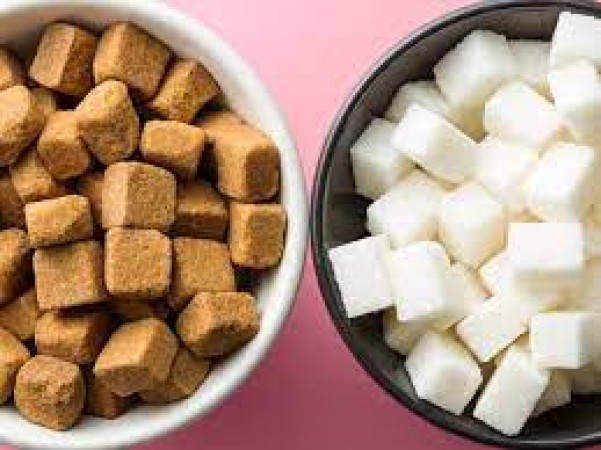
Sugar is a ubiquitous ingredient in our diets, found in everything from sweet treats to savory sauces. It's a type of carbohydrate that provides energy to the body, but not all sugars are created equal. When it comes to health, the debate between white and brown sugar often arises. Let's delve into the characteristics of each to determine which might be better for your overall well-being.
What is White Sugar?
White sugar, also known as refined sugar or table sugar, undergoes a refining process that removes the molasses and impurities from sugarcane or sugar beets. What remains is pure sucrose, with a crystalline appearance and a sweet taste.
What is Brown Sugar?
Brown sugar is a mixture of white sugar and molasses, which gives it its distinctive color and flavor. It can be either light or dark, depending on the amount of molasses added during processing. Light brown sugar has a milder flavor, while dark brown sugar has a stronger, more robust taste.
Nutritional Content
In terms of nutritional content, both white and brown sugars are nearly identical. They primarily consist of carbohydrates in the form of sucrose, with minimal amounts of other nutrients. However, brown sugar does retain some of the vitamins and minerals found in molasses, such as calcium, potassium, iron, and magnesium. While these amounts are not significant, they contribute to brown sugar's slightly higher nutritional profile compared to white sugar.
Glycemic Index
The glycemic index (GI) is a measure of how quickly a food raises blood sugar levels after consumption. Foods with a high GI are rapidly digested and cause a sharp spike in blood glucose, while those with a low GI are digested more slowly, resulting in a more gradual increase in blood sugar.
White sugar has a high GI, meaning it can cause a rapid increase in blood sugar levels. This can lead to fluctuations in energy levels and mood, as well as potentially contribute to insulin resistance and type 2 diabetes when consumed in excess.
Brown sugar, on the other hand, has a slightly lower GI due to the presence of molasses. The molasses slows down the absorption of sugar into the bloodstream, resulting in a more moderate increase in blood glucose levels.
Impact on Health
Consuming excessive amounts of either white or brown sugar can have negative effects on health. Both types of sugar provide empty calories, meaning they offer little to no nutritional value beyond energy. Overconsumption of sugar has been linked to obesity, heart disease, dental cavities, and other chronic health conditions.
Choosing the Healthier Option
While brown sugar may have a slightly higher nutritional content and a lower glycemic index compared to white sugar, the differences between the two are minimal. Both should be consumed in moderation as part of a balanced diet.
In general, reducing overall sugar intake is more important for improving health than choosing between white and brown sugar. Opt for natural sweeteners like honey, maple syrup, or fruit whenever possible, and limit processed foods and beverages high in added sugars. When it comes to white versus brown sugar, neither is significantly healthier than the other. Both should be consumed in moderation as part of a balanced diet, with an emphasis on reducing overall sugar intake for optimal health.
These smartphones with 32MP selfie camera are cheaper than Rs 10 thousand
Honor launches smartwatch and earbuds in India, know attractive launch offers along with features